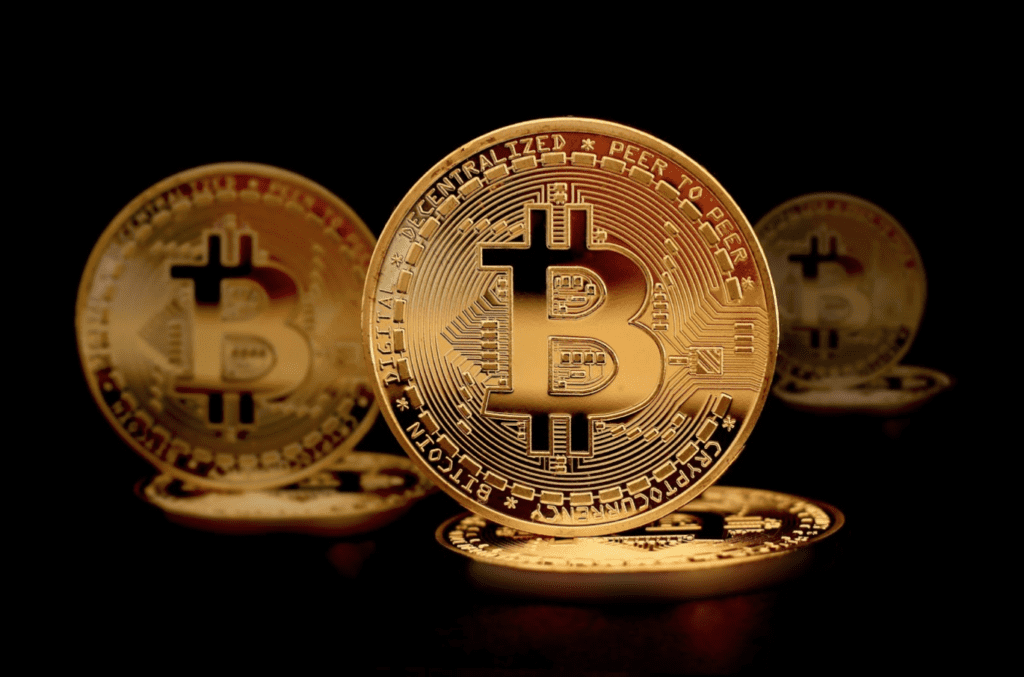The advance of digital technologies in the last few decades has meant massive overhauls to many industries. Few have been so ahead of the curb as the world of betting and gambling, though, so it is not surprising that blockchain technology has been readily welcomed by the world of gambling.
Today, we’re going to look at some of the main reasons blockchain is a welcome change for the industry—from its improvements to privacy, efficiency, to even the advent of new, blockchain specific games and ways to bet.
Let’s get started.
- Privacy
Now, more than ever, we are all concerned with our online privacy. Major data breaches seem to occur regularly, with massive platforms being attacked and leaking the private information of their users. This happens around 1,200 times a year.
The blockchain, while a publicly accessible record, is totally anonymous. In the past, online gambling has meant that you must offer up a great deal of personal and financial information. This is just the nature of the game.
Now, with blockchain privacy, we can all bet anonymously without ever risking any data.
- Speed
It may also surprise you to learn that blockchain transactions, affecting deposits and withdrawals on gambling sites, are much faster than traditional banking methods. Whereas, depending on the traffic on a given day, an ordinary transaction might take days or even weeks, blockchain transactions are almost instantaneous.
This means minute to minute betting on, say, sports events, will become easier and easier and sites like CloudBet have positioned themselves as experts in in-play betting. We can make rapid deposits during games and make quicker bets as we predict the unfolding outcome of a game.
Speed is one of the most important things to bettors, and blockchain will bring this very welcome change.
- Low fees
Though we often might not even think about it, there are always transaction fees associated with using traditional banking methods. Whether this is because of where you are in the world, what you want to bet on, or the methods you want to use, there can be very high fees on traditional transactions.
The blockchain, though, is much more efficient. You can send massive transactions with very low fees. On a Bitcoin transaction of around $19 million USD, the transaction fee was less than $1.
Again, lower fees will mean we can keep more of our own money, rather than losing it in these transaction fees. Unless traditional banking methods can start to compete with these low fees, then the blockchain will always bring a welcome change to the world of online gambling.
- Location limitations
As we have discussed, traditional banking methods can have trouble with where you are in the world. If you want to bet using an American service, but you are in the U.K., then at best you will only be able to do so with a big fee. At worst, you might not be able to at all.
With the blockchain, where you are in the world is totally irrelevant. If the blockchain can bring all world gambling together, then it can expand your options for betting. And you won’t ever lose out on any of your winnings due to location restrictions.
- Lowering house edge
While we, as bettors, understand that the house must always have an edge, we also know that what we really need is to reduce that edge as much as we can. Crypto and blockchain casinos display the exact edge that they have over the player, and it is consistently among the lowest of all casinos.
Ranging anywhere from 0.3% to 5%, this really is an incredibly low edge. The typical house edge, say, for slot machines in traditional casinos can be as high as 10%. This is a huge difference, and can make a huge difference in the amount of money you can win.
Blockchain has many applications for the world of online betting, then. In many ways, it makes the service more efficient, more user friendly, and has even been shown to reduce the house edge. Giving the player a bigger advantage is always something we are looking for, so even if the benefits ended there, they would be huge—but they don’t!
